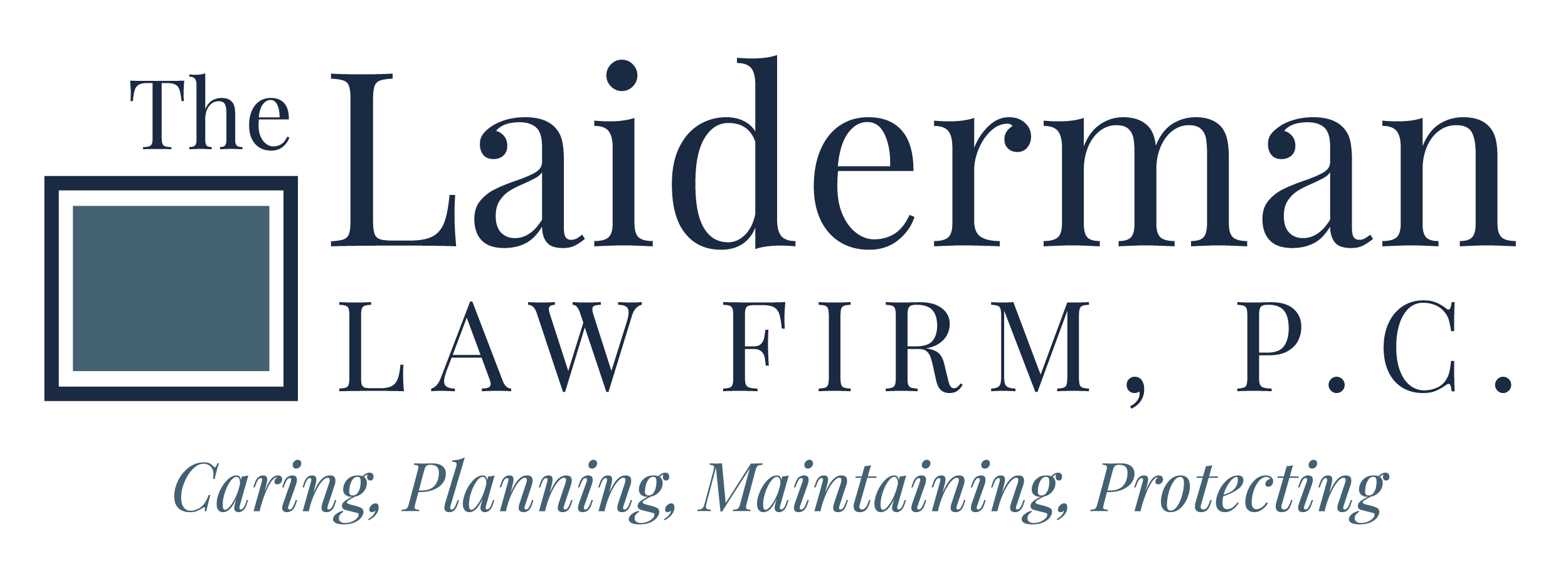- Thou shalt know the aspects of thy bounty. As you move throughout life, you may accumulate, spend, open accounts, move accounts, and acquire various kinds and types of assets. One of the most important aspects of estate planning is to figure out what you own, so start with compiling a comprehensive list of your assets, the current owner(s) of each, and the current beneficiaries, if any. Assets include everything you own or control, for example, bank accounts, life insurance policies, retirement accounts, pensions, annuities, real estate, etc. This basic information will help you jump start determining where you are, so you can figure out where you would like to go in terms of setting goals, and making a plan to achieve them.
- Thou shalt understand state laws governing assets. In Missouri, know that assets may be held in lifetime trusts that can avoid probate, estate taxes, and can continue for generations. For married couples, especially if one or both spouses works in a profession that puts them at risk for professional liability, joint trusts in Missouri have the added benefit of creditor protection statutes if the provisions meet certain statutory requirements. Trust-based planning can provide certain protection during life, access and control of assets upon disability, the passage of assets to intended beneficiaries at death, and the minimization of estate tax. And, lifetime trusts can be written in a way that allow beneficiaries to receive more than just money from their loved ones, for they can also provide the unique gift of asset protection; that is, protection of those assets from divorce, from lawsuits, and from bankruptcy.
- Thou shalt consider that surviving spouses may give marriage another “go.” In the event that one spouse passes away, the preference of many is that the survivor has the access and use of the assets during their lifetime, and at the survivor’s death, the assets would eventually pass to beneficiaries that the initial spouses chose together, such as their children. Without careful planning, the assets could potentially make it to a new spouse entirely, leaving nothing for the intended beneficiaries. As a matter of choice, people can establish a plan that provides for their surviving spouse, while also ensuring that at least some of the assets pass to their intended beneficiaries. The survivor can also retain some control, which will make room to provide for a new spouse as well.
- Thou shalt have a strategy for smaller estates. For smaller estates, an important planning tool is setting up a strategy to be able to access government benefits if the need arises. Individuals seeking government assistance often face limits on the value of assets that they can own in order to qualify for those benefits. In these cases, key planning tools on the front-end include powers and options for gifting assets, and ensuring that those who receive the “gifts,” receive them in a way that they are protected from lawsuits, divorce, and bankruptcy. It is valuable to seek the advice and guidance of an estate planning attorney who is experienced in government benefits planning so you and your family are well-prepared to navigate these complex life events, and can do so in a way that maximizes the opportunities available.
- Thou shalt not throw thy estate plan in a drawer. Certainties in life not only include death and taxes, but also change. What constant changes are relevant to estate planning? Lives change, attitudes change, tax and non-tax laws change, and therefore, estate plans must change as well. Putting your estate plan documents in a drawer and forgetting about them ensures that the documents remain the same, while everything else around them changes. Therefore, the more time that passes, the more your plan fades. Before you know it, life happens, and you find out the hard way that your plan does not work the way you intended. So, when looking for an estate planning attorney, ask if they have a formal updating program whereby you can get a “check-up” for your plan every year, which gives you the benefit of ongoing advice and guidance so that you can keep your plan up to date, and working in the way that you intend.
-Written by Lindsey E. Wienberg

